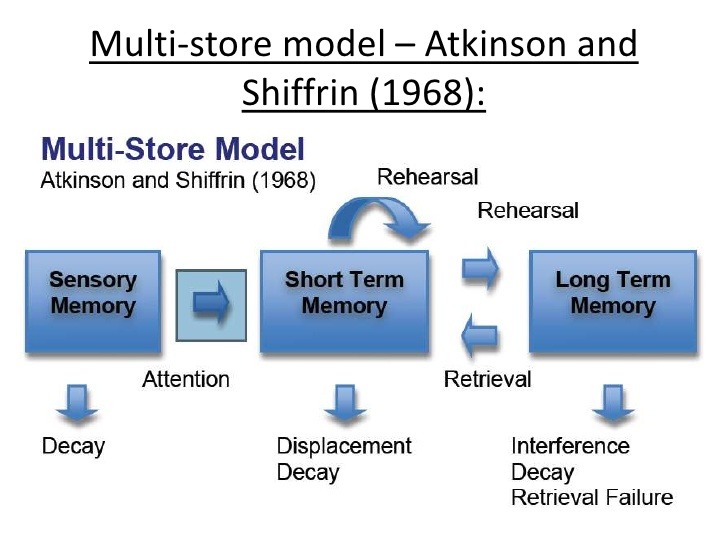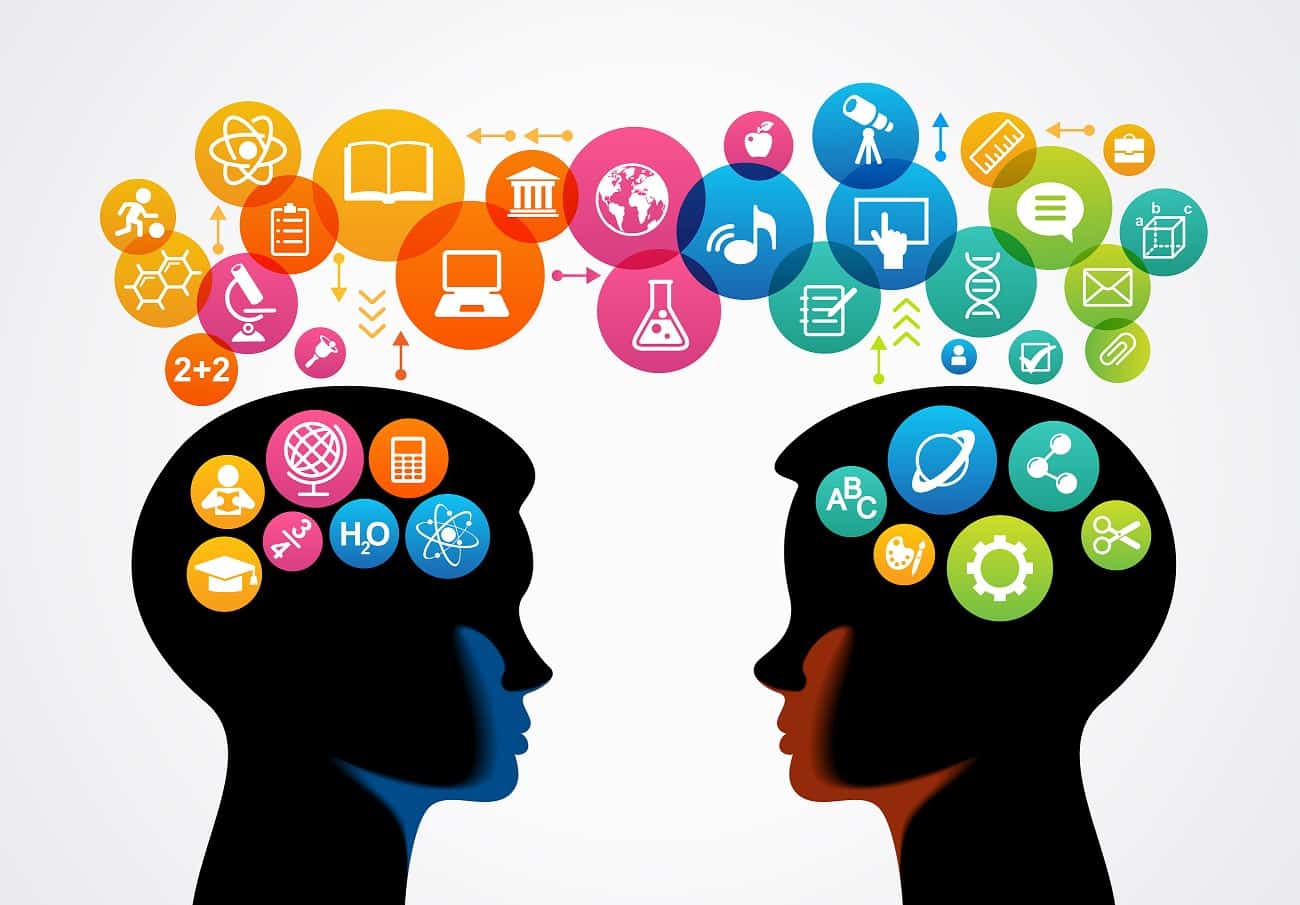Before You Read
- Put on some music.
- Ask yourself, “What is the most difficult thing I have ever learned?”
An Analogy is Always Good For Learning
So, Richard Hammond, love him or hate him, that guy really learned how to drive. A big part of that was knowing how everything in a car works, right down to how the wheels grip the road. (He must be good at learning!)
The more we know about how a machine works, then the better we become at using it.
Yet, we have an incredibly complex machine inside our skulls that has an amazing range of software tools, and very few know anything about how it works. We might know the odd thing like how the left side of our brain controls the right side of our bodies and vice versa, but much beyond that?
Here’s a thing, our brains are possibly the most sophisticated objects in at least our galaxy, perhaps even the universe (if you believe the Rare Earth Hypothesis). They are learning machines that have been developed over millions of years of evolution to become better at learning.
Your brain is incredible. It sets you, and everyone you know, aside from the rest of the living world.
Be like Hammond; learn how it works and you will be able to use it better.
Personal Audit
Take a moment now to think about all the things that you have learned since you were born. Think about this quite hard as there are things that you can do now that you just take for granted as they are second nature. Don’t include talking as this is a special case.
If you do this, and do it exhaustively, you might be surprised to find that you have a very long list.
I hope you included the various computer skills you used to arrive at this article. Back in the day there were all sorts of courses helping people to learn how to operate a computer. Now, younger people grow up with technology as their ecosystem and just learn as they go. But you do need to learn them, just in a different way which is pretty much what Bandura’s social learning theory is all about.
The Basics of Learning
I am not going to go into all the different, competing learning theories, Other than to say that when it comes to how we remember what we learn, there seems to be a consensus around the idea that we have a memory that doesn’t last long and another that does. These are often referred to as short term memory and long-term memory.
Let’s take an example, you see a car speeding away from an accident and you read its number plate. You want to be able to tell the police what the number plate is. Of course, nowadays you would just note it down on your mobile, so this example needs to assume you don’t have one, or if we time-travel backwards, a Filofax.
How do you make sure that you are able to remember the plate?
Unless you know fancy techniques like creating mnemonics, you would probably repeat it over and over to yourself.


Using the multistore model, what you are doing is known as rehearsal. You are refreshing your short-term memory of this event. If you don’t do this, then you will forget the information with around 30s.
That’s why you need to keep repeating it until the police show up, or you find someone who hasn’t left their mobile at home or is returning from buying a Filofax at a jumble sale.
So, that is the first stage of learning. To get that info into your long-term memory requires effort. What most of us would call study. The best way to do this is by using what you have learned, over and over, until it sticks.
Of course, when you stop using it you run into the old adage “use it or lose it.” Even long-term memory needs reinforcement.
Final Words
This article isn’t about teaching you how we learn; it is all about getting you to appreciate that the more you know about how you learn, then the more effective you will be as a learner.
Our series of upcoming articles will cover different ways you can help your learning with background on why they work
The title of this section is a pun. You won’t get it until you read the article What is the Hardest Thing You Will Ever Learn. So, for once, I won’t be answering the question at the start. Read the next article and you will get the answer.

